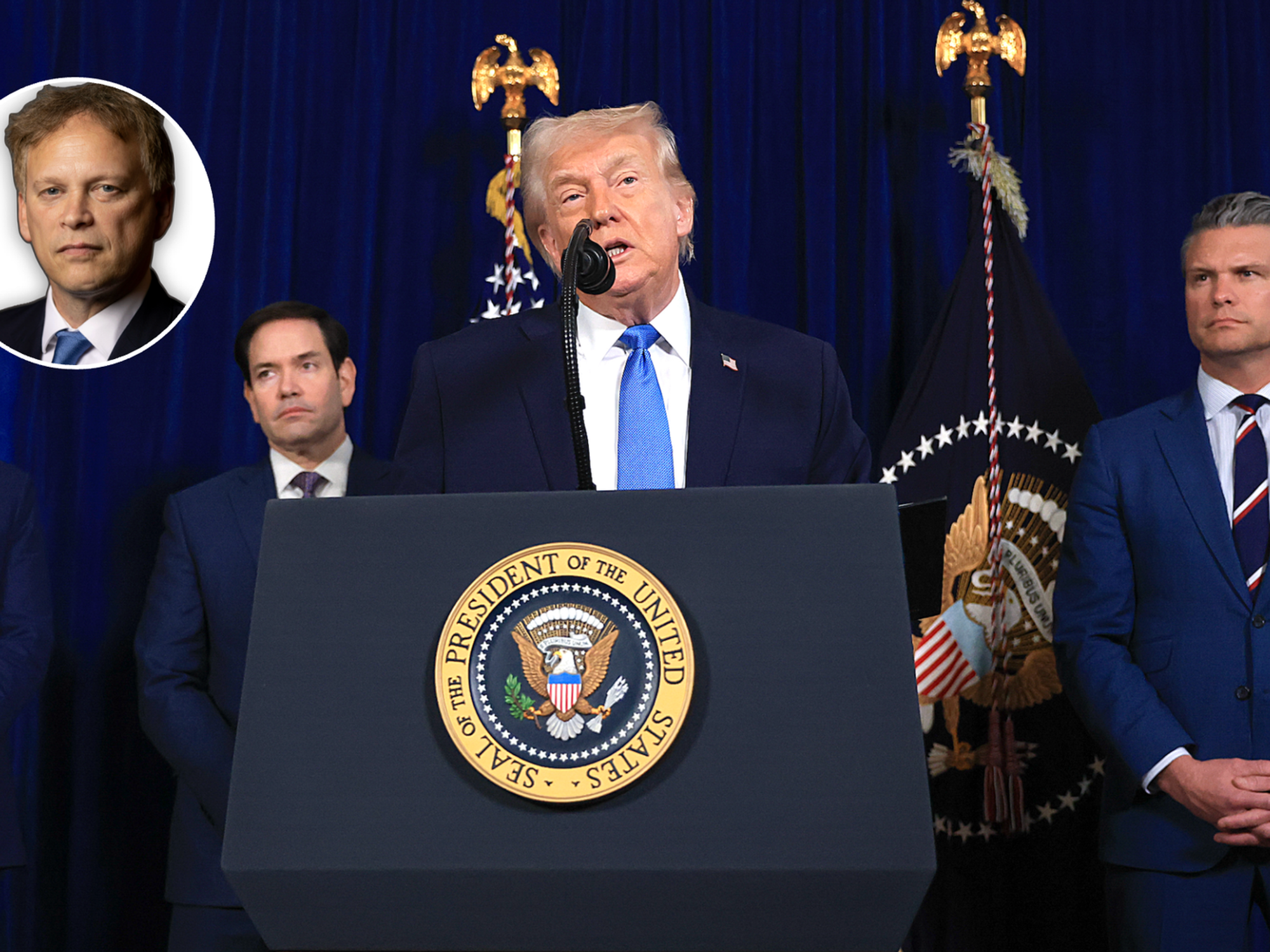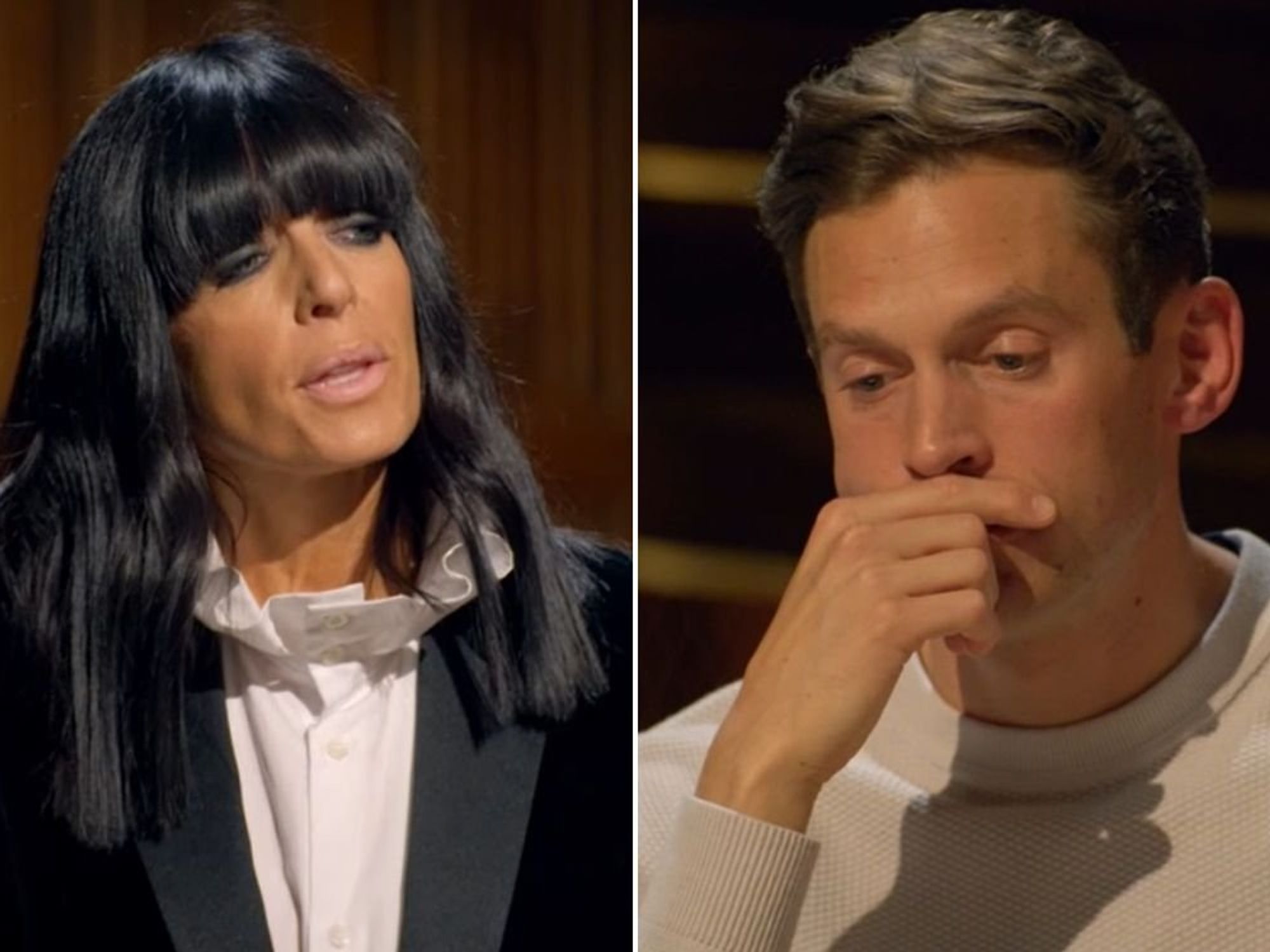Free speech is a minefield. You never know when you might be blown up, says Nigel Nelson

Nigel Nelson | GB News

GB News' Nigel Nelson discusses the difficulty of finding the line on complex issues
Don't Miss
Most Read
My wife is refusing to buy me any more hardback books. This is nothing to do with the cost, although nowadays £25 a pop is admittedly a bit steep. It’s because I fall asleep while reading in bed and the book ends up on my face.
Mildly irritating if it's a paperback, but serious damage can be caused by a weighty tome. So, Claire has taken to waking me up to tell me I’m asleep before the book comes crashing down.
I’m currently reading about how we lost the American colonies because Britain stupidly taxed their tea. As I only manage a few pages before my eyes shut it’s taking longer to get though than the War of Independence lasted.
As most of the political biographies on my shelves are hardbacks they have become a no-no for a nighttime read. And I’m not expecting any more in my Christmas stocking this year.
Claire has decided she doesn’t want to spend Boxing Day in A&E while I get a gash across my schnozzle fixed. There would also be the difficulty of explaining how I got the injury. “Well, it was like this, doc. Boris Johnson fell on him”.
But at least we’re able to read pretty much any book we choose, even those containing the wildest of conspiracy theories.
There are a few limits, of course. I once found a book-length al-Queda bomb-making manual on the internet and any Waterstones or WHSmith trying to sell that would face prosecution under the Terrorism Act.
But once we move outside the printed word what you are, and are not, allowed to do and say becomes trickier to navigate. The war in Israel has understandably stirred up strong emotions.
There have been calls to ban pro-Palestinian demos. It is argued that slogans chanted by protestors show illegal support for Hamas. That would depend on how they are interpreted.
Hamas do indeed adopt the mantra: “From the river to the sea, Palestine will be free.” But they didn’t invent it as it dates back to the 1960s. And it means different things to different people.
Some Israelis say it is a call for all Jews to be thrown into the sea. But when I toured Palestine I heard other versions. One was on the lines of if Palestine does become an independent state the people living on Jordan’s West Bank would need access to the seaport Gaza can provide. That would require some kind of corridor across 60 miles of Israeli territory.
So, it is hard to see how any prosecution in a British court based on those words alone could possibly succeed.
It is unacceptable that incidents of antisemitism and Islamophobia have risen since this war began. What constitutes that is clear cut if Jewish or Muslim schools are threatened. It becomes less so in the margins.
Is an antisemitic joke always a no-go, or OK when told by a Jewish comedian? And should that give license to a gentile audience to laugh at it? Or is it the joke itself which is antisemitic no matter who is telling it?
I recently went to a comedy night in which a Jewish comic told a string of gags which would have got me arrested had I repeated them publicly in Trafalgar Square. I was sitting in the front row where he could see me and felt really uncomfortable.
I didn’t feel like laughing, but not to might have been taken by him as an insult. I could be guilty of antisemitism either way. I settled for the occasional embarrassed giggle.
Similarly, is the N word unacceptable in all circumstances? Or is it fine if used in historical context such as in the movie 10 Years a Slave to rage against racism and cruelty?
And if historical context allows that exception, it would presumably be wrong to change the name of Wing Commander Guy Gibson’s black Labrador should there be a remake of The Dambusters.
I do not have an answer to these questions. I just know that between the right to free speech and cancel culture there lays a minefield.
And in whichever direction you walk you risk being blown up.










